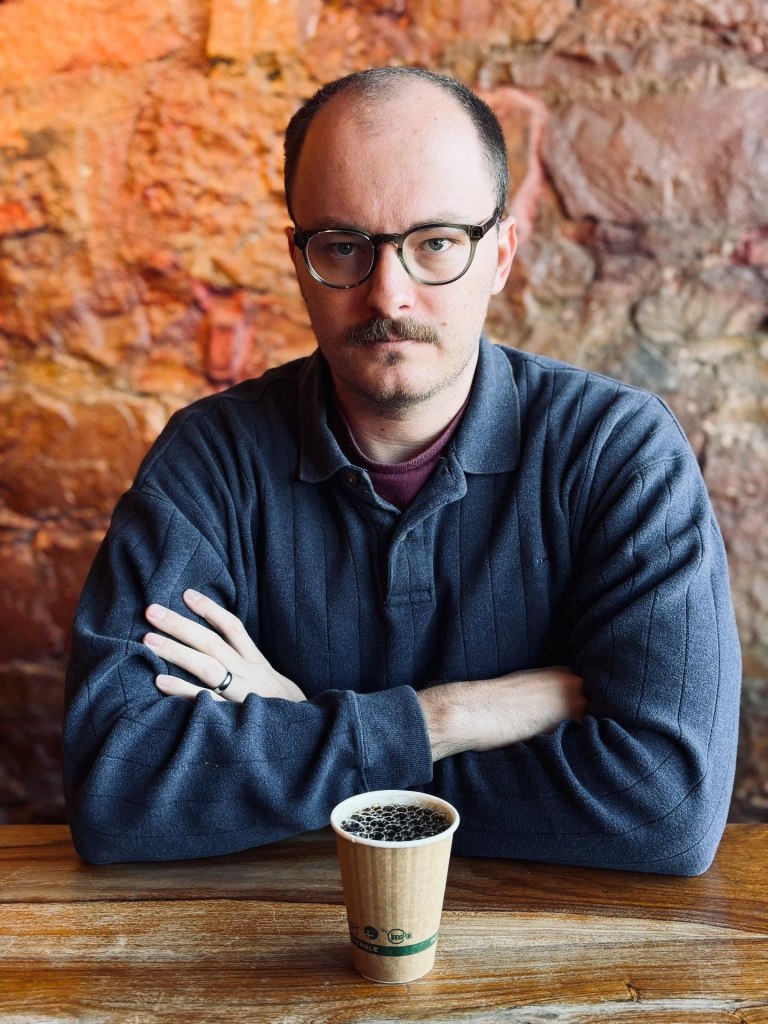
I am a teacher and a would-be writer.
I have three self-published novels available to buy on Amazon: All the Suns Go Out, Conversations with the Dead, and King of Ithaca. I would like to get a book traditionally published as well, but it’s not easy and I’m not that good.
I have also published a number of articles, books, and chapters on diverse subjects in academic theology and philosophy. You can find them all on my curriculum vitae page.
I am happily married and have one child (so far). I love philosophy, theology, Homer, and the American Southwest.
